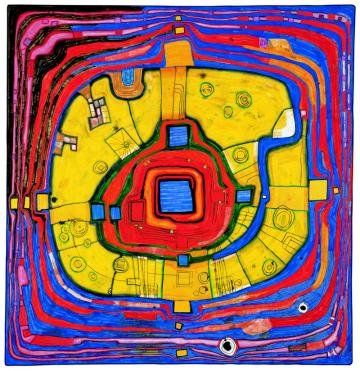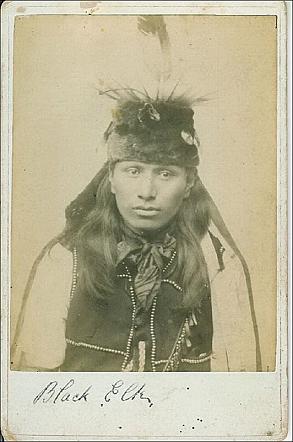« L’absence de kitsch rend notre vie insupportable. Sans romantisme cela ne va pas. Le nain de jardin symbolise le droit au rêve et à la nostalgie d’un monde meilleur et plus juste.
Le nain de jardin est un rempart contre la dictature nihiliste et sans âme de notre époque.
Comme on chasse Dracula avec de l’ail et un crucifix, on chasse les dogmatiques stériles et tyranniques avec le nain de jardin.
Les rationalistes agressifs et ceux qui imaginent passivement une existence meilleure et plus belle sont divisés sur le nain de jardin.
Longtemps avant notre image chrétienne du monde, longtemps avant les dieux anciens des romains et des grecs, longtemps avant notre histoire, nous autres hommes avions le droit de parler avec les oiseaux, les animaux et les plantes et les arbres, et même avec l’eau, les pierres et les nuages, et l’on se comprenait en parlant ensemble. C’est ce qui est écrit dans les contes.
Le nain de jardin – conjointement avec les elfes, les ondines, les gnomes, les géants et toute la troupe de personnage merveilleux – est le dernier vestige de cette lointaine ère primitive.
L’homme vit au centre de son identité, en vertu de son souvenir des racines de son être. Maintenant, nous sommes très "intelligents", mais nous avons oublié le langage de la nature.
Voilà pourquoi le petit nain dans le jardin. Parle, toi, pour moi avec l’herbe et les oiseaux, je ne le peux plus, et demande pardon à la nature pour le mal que nous lui faisons, et aide-moi contre l’ennemi puissant et froid. Je ne le peux plus. »
Freidensreich Hundertwasser (© 2013 Hundertwasser Archiv, Wien)

le petit chemin, Hundertwasser, 1991




